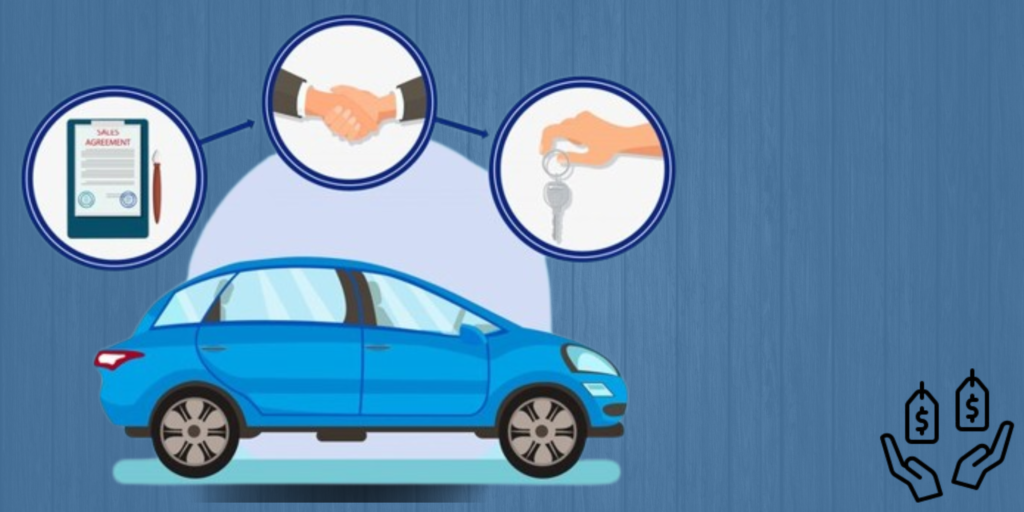Costs of New Cars
Purchase Price and Financing
- For financing, new cars receive relatively lower interest rates since lenders consider them as less risk-prone investments.
- A down payment may be higher because of the higher price.
Depreciation
- New cars immediately depreciate a lot of their value by time of leaving the showroom.
- On average, a new car deprecates 20-30% within the first year, while nearly 50% by the end of the third year.
Insurance Expenses
- Cars are insured more than others due to new cars increased replacement value.
Maintenance and Repairs
- New vehicles are insured with 3-5 years warranty in case of repairing costs.
- Maintenance costs are relatively low at initial stages since the vehicle will be absolutely sound and comfortable mechanically.
Cost of Used Cars
Purchase Price and Financing
- The initial cost is very much less compared to a new car.
- Interest rates for used cars loans are normally higher.
Depreciation
- Used cars have already faced severe value reduction and thus their value settles faster.
- The buyer has lower risks of getting something valuable fast depreciated to shreds.
Insurance Costs
- Insurance of older vehicles is typically cheaper because they have a lower market value.
Maintenance and Repairs
- Used vehicles may need more servicing and have higher maintenance costs.
- Warranty will likely be non-existent, so the buyer will pay out-of-pocket for repairs.

Benefits of New Cars
Latest Technology
- New cars incorporate a latest technology, from advanced infotainment systems to superior safety features.
- Newer vehicles include improved fuel efficiency as well as hybrid or electric models.
Customization Choice
- Buyers can pick specific features, trims, and color when buying a brand-new car.
Warranty Coverage
- Purchasers enjoy comprehensive warranties that pay for most repairs and maintenance, securing their peace of mind.
Condition and Reliability
- New cars have no wear and tear, so their performance as well as dependability are better.
Benefits of Used Cars
Affordability
- Used cars are always easier to afford due to their relatively lower purchase prices to many buyers.
Lower Depreciation Effect
- Since most of the depreciation has occurred, the value of the used cars is retained well.
Lower Insurance Premiums
With lower costs for replacement, the insurance premiums are also relatively low.
Certified Pre-Owned Programs
Lorem ipsum dolor sit amet, consectetur adipiscing elit. Ut elit tellus, luctus nec ullamcorper mattis, pulvinar dapibus leo.
Diverse Choices
Key Factors While Making a Selection
Financial Condition
- New cars are ideal for buyers with a stable financial situation who can afford the higher costs and enjoy lower maintenance expenses.
- Used cars are better for budget-conscious buyers looking to save on upfront costs and depreciation.
Usage and Longevity
- If you have a long-term use for the car, a new car can be better for reliability and lifespan.
- Used cars work just fine for short-term usage or a secondary vehicle.
Technological Needs
- Tech-savvy buyers concerned with more advanced safety and infotainment features should favor new cars.
- To meet basic technological needs, used cars can work especially if you are considering newer models within a few years old
Resale Value
- New vehicles depreciate faster than older models. Therefore, less attractive for sellers who intend selling in a short period.
- The resale value of used cars is much better and can give a higher return on resell.
Environmental Impact
- A new hybrid or electric car may offer better environmental benefits.
- By opting for a used car, one saves the environmental cost of manufacturing a new vehicle.
Conclusion
When choosing between a new and used car, which is better definitely depends on your budget, lifestyle, and preferences.
New cas
A new car is more than suitable for a buyer who takes into consideration the quality, extra features, and length of the guarantees. If you are likely to use your vehicle for a long time, it is worth paying for it. New cars feature new safety technologies and innovations, which may increase the enjoyment you receive from your own driving experience and provide more peace of mind.
Used cars
Ultimately, weigh the cost and benefits against your financial situation and need. Both of them have merits, and the right choice is one that aligns with your priorities and lifestyle. Whether to choose new or used, doing thorough research and understanding your financial position would help you make an informed decision that ensures satisfaction and value for that particular investment.

